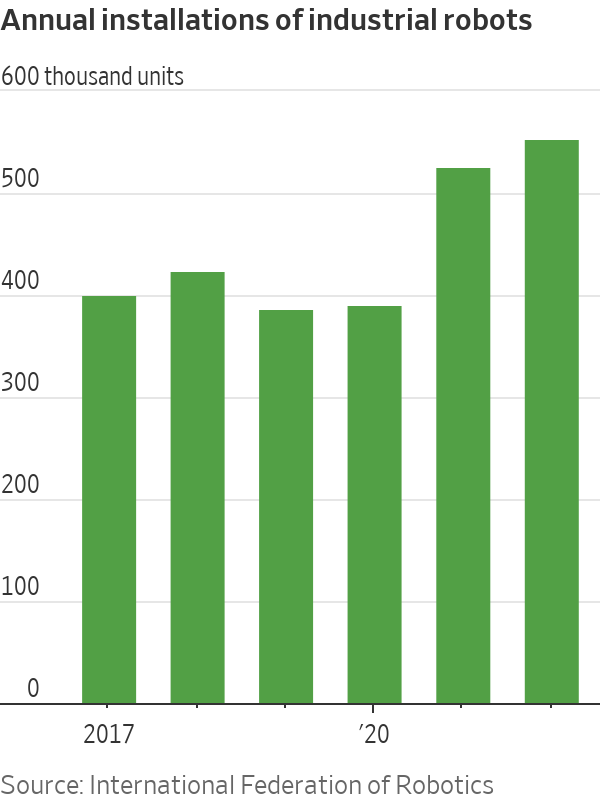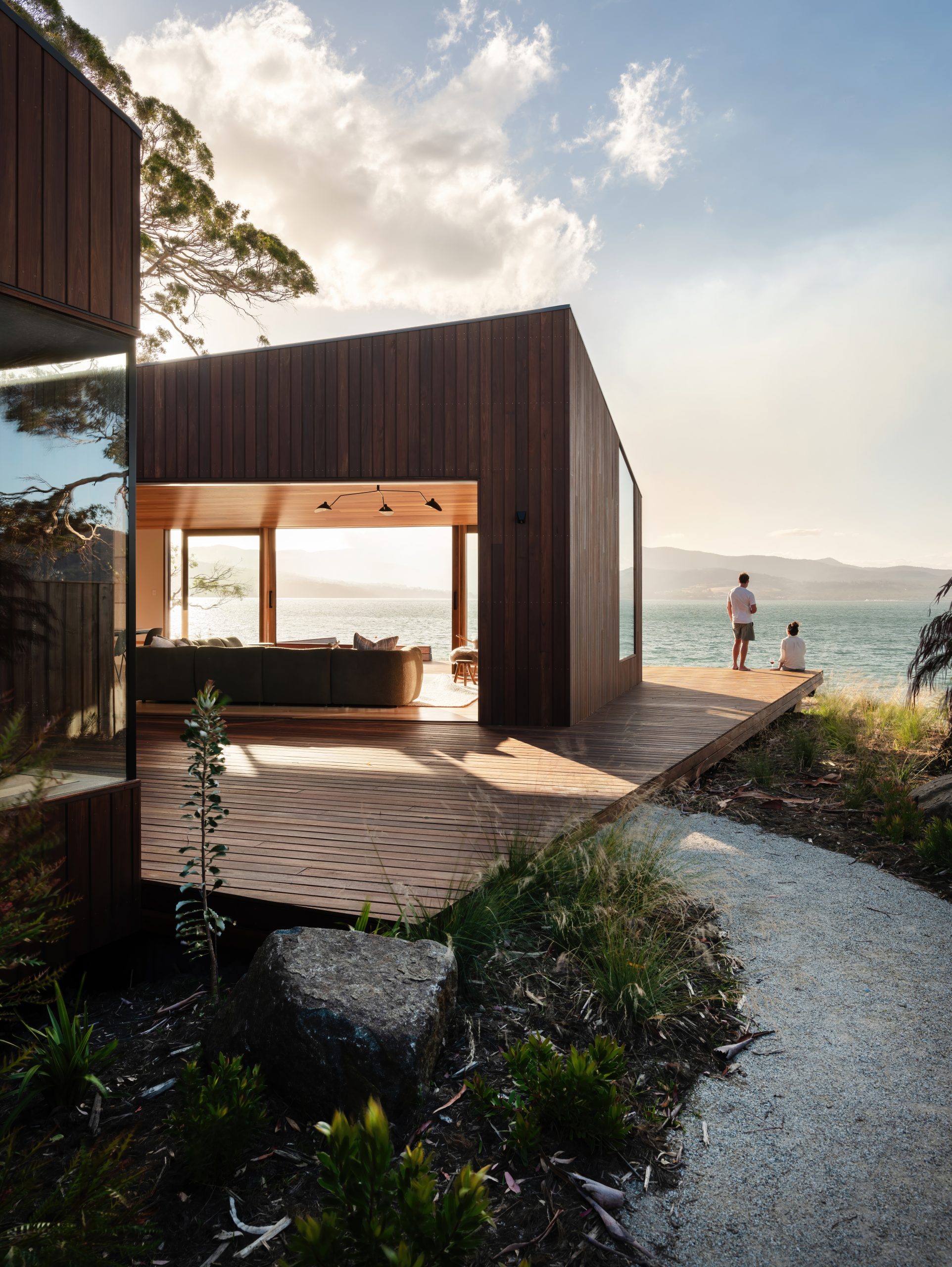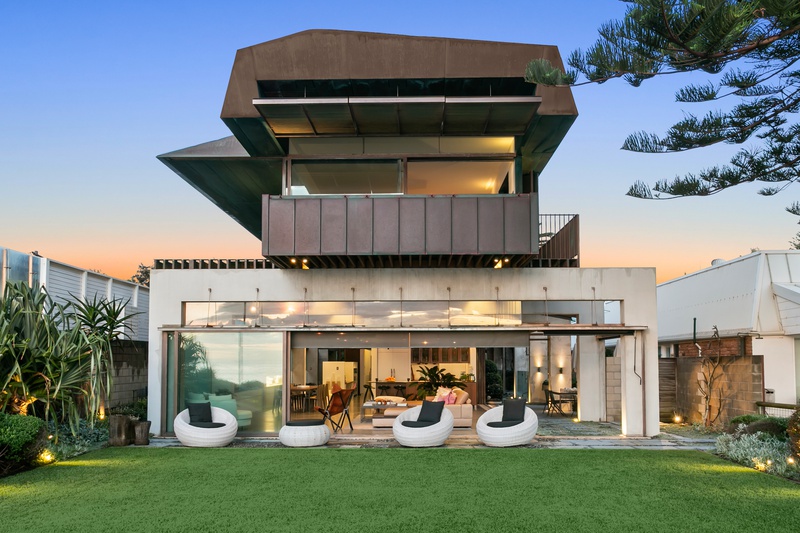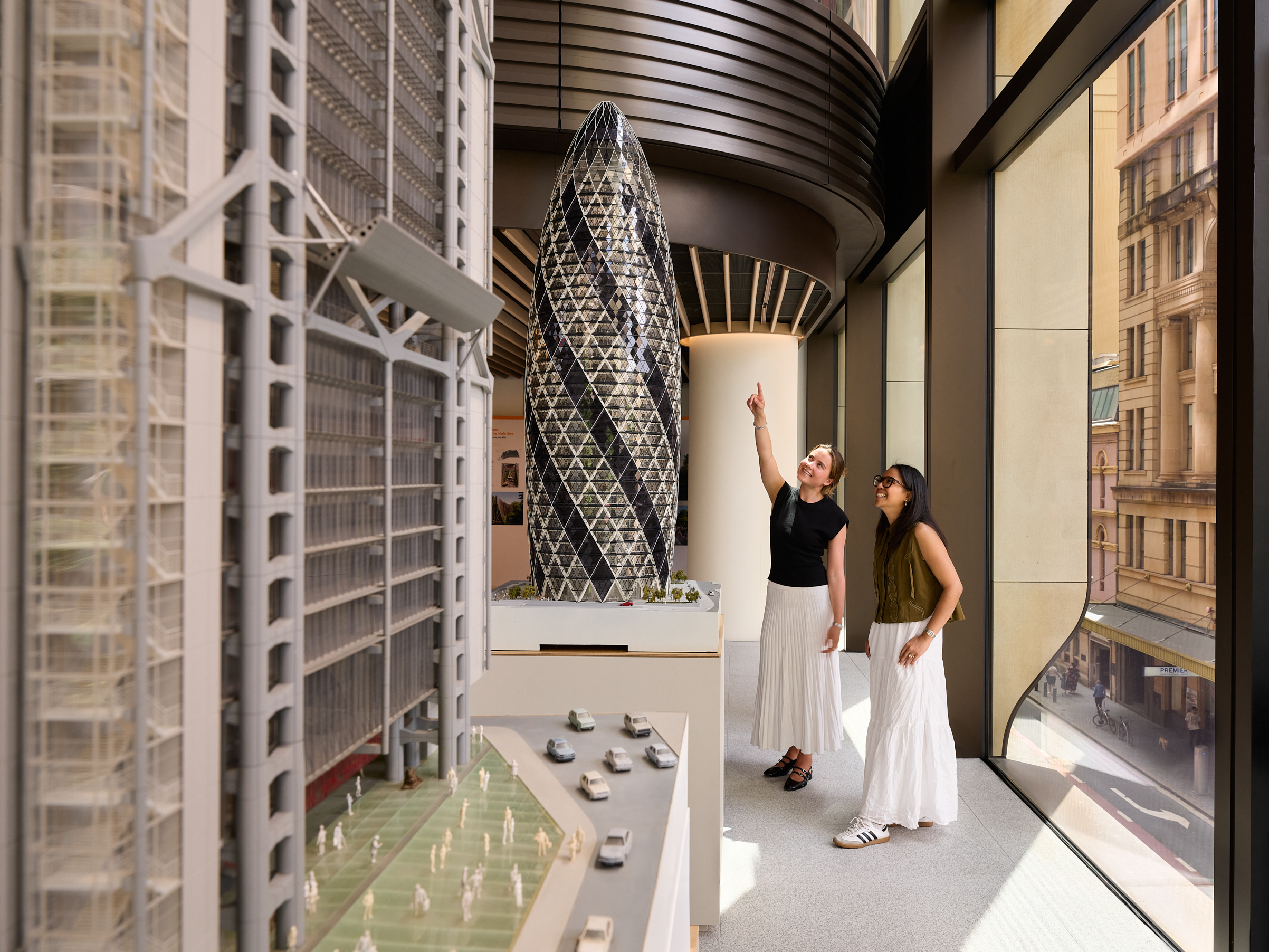The Robots Are Coming—to Collaborate With You
Doosan Robotics’ blockbuster IPO—the biggest in Korea this year—shows that the robot stock craze has well and truly arrived
Our future looks increasingly robotic—whether we like it or not. But the investment craze in robotics stocks may already be getting ahead of itself.
The latest example: South Korea’s Doosan Robotics, whose shares nearly doubled in value on their first day of trading Thursday. The company, which is part of the conglomerate Doosan Group, raised around $300 million from an initial public offering, making it Korea’s biggest IPO this year so far.
Doosan makes collaborative robots, or cobots, designed to work together with humans on factory floors. Such robotic helpers are most suitable for smaller companies that may not be ready to automate their whole production line but use cobots to automate processes better done by machines. Apart from its heavy-duty industrial robots, Doosan also makes variants that can serve coffee—and beer.
Doosan isn’t the only robotics company looking frothy of late. Shares of its smaller peer Rainbow Robotics, which is backed by Samsung Electronics, have more than quadrupled this year. Samsung raised its stake in Rainbow to 15% in March.
To be fair, there are plenty of good reasons to be optimistic about industrial robots. Poor demographics and poisonous immigration politics in most advanced economies will mean weak labor-force growth in the future. Robots rarely go on strike. And in the U.S., the enormous surge in manufacturing investment—courtesy of the Inflation Reduction Act and other industrial policy bills—means demand for manufacturing workers could remain strong for quite a while. Reshoring to advanced economies is another tailwind for robotics.

In 2022, almost 60% of Doosan’s sales came from North America and Europe. Though cobots are still a small part of the overall robot market—accounting for 7.5% of industrial robots installed in 2021, according to the International Federation of Robotics—shipments have been growing faster than the market as a whole. Installations for all industrial robots grew 5% year on year to a record high in 2022.
The company is the seventh-largest maker of cobots globally, according to its prospectus. But since the top two companies, Denmark’s Universal Robots and Japan’s Fanuc, dominate the sector with nearly half of the market, Doosan’s market share amounted to only 3.6%.
Doosan has been growing fast: Its sales more than doubled to around 45 billion won, the equivalent of $33 million, in 2022 from 2020. But it isn’t cheap. With a market capitalisation of around $2.5 billion, Doosan now trades at 74 times last year’s revenue. Fanuc trades at just 4.7 times revenue. Doosan is also unprofitable, though its chief executive expects it to move into the black next year.
The robot craze, like the artificial-intelligence craze, is grounded in real technological trends—and demographic ones too. But like human workers, not all robot firms are created equal. Jumping aboard the robot stock bandwagon at any price might not serve investors over the long run.
 Copyright 2020, Dow Jones & Company, Inc. All Rights Reserved Worldwide. LEARN MORE
Copyright 2020, Dow Jones & Company, Inc. All Rights Reserved Worldwide. LEARN MORE
The PG rating has become the king of the box office. The entertainment business now relies on kids dragging their parents to theatres.
From farm-to-table Thai to fairy-lit mango trees and Coral Sea vistas, Port Douglas has award-winning dining and plenty of tropical charm on the side.
Selloff in bitcoin and other digital tokens hits crypto-treasury companies.
The hottest crypto trade has turned cold. Some investors are saying “told you so,” while others are doubling down.
It was the move to make for much of the year: Sell shares or borrow money, then plough the cash into bitcoin, ether and other cryptocurrencies. Investors bid up shares of these “crypto-treasury” companies, seeing them as a way to turbocharge wagers on the volatile crypto market.
Michael Saylor pioneered the move in 2020 when he transformed a tiny software company, then called MicroStrategy , into a bitcoin whale now known as Strategy. But with bitcoin and ether prices now tumbling, so are shares in Strategy and its copycats. Strategy was worth around $128 billion at its peak in July; it is now worth about $70 billion.
The selloff is hitting big-name investors, including Peter Thiel, the famed venture capitalist who has backed multiple crypto-treasury companies, as well as individuals who followed evangelists into these stocks.
Saylor, for his part, has remained characteristically bullish, taking to social media to declare that bitcoin is on sale. Sceptics have been anticipating the pullback, given that crypto treasuries often trade at a premium to the underlying value of the tokens they hold.
“The whole concept makes no sense to me. You are just paying $2 for a one-dollar bill,” said Brent Donnelly, president of Spectra Markets. “Eventually those premiums will compress.”
When they first appeared, crypto-treasury companies also gave institutional investors who previously couldn’t easily access crypto a way to invest. Crypto exchange-traded funds that became available over the past two years now offer the same solution.
BitMine Immersion Technologies , a big ether-treasury company backed by Thiel and run by veteran Wall Street strategist Tom Lee , is down more than 30% over the past month.
ETHZilla , which transformed itself from a biotech company to an ether treasury and counts Thiel as an investor, is down 23% in a month.
Crypto prices rallied for much of the year, driven by the crypto-friendly Trump administration. The frenzy around crypto treasuries further boosted token prices. But the bullish run abruptly ended on Oct. 10, when President Trump’s surprise tariff announcement against China triggered a selloff.
A record-long government shutdown and uncertainty surrounding Federal Reserve monetary policy also have weighed on prices.
Bitcoin prices have fallen 15% in the past month. Strategy is off 26% over that same period, while Matthew Tuttle’s related ETF—MSTU—which aims for a return that is twice that of Strategy, has fallen 50%.
“Digital asset treasury companies are basically leveraged crypto assets, so when crypto falls, they will fall more,” Tuttle said. “Bitcoin has shown that it’s not going anywhere and that you get rewarded for buying the dips.”
At least one big-name investor is adjusting his portfolio after the tumble of these shares. Jim Chanos , who closed his hedge funds in 2023 but still trades his own money and advises clients, had been shorting Strategy and buying bitcoin, arguing that it made little sense for investors to pay up for Saylor’s company when they can buy bitcoin on their own. On Friday, he told clients it was time to unwind that trade.
Crypto-treasury stocks remain overpriced, he said in an interview on Sunday, partly because their shares retain a higher value than the crypto these companies hold, but the levels are no longer exorbitant. “The thesis has largely played out,” he wrote to clients.
Many of the companies that raised cash to buy cryptocurrencies are unlikely to face short-term crises as long as their crypto holdings retain value. Some have raised so much money that they are still sitting on a lot of cash they can use to buy crypto at lower prices or even acquire rivals.
But companies facing losses will find it challenging to sell new shares to buy more cryptocurrencies, analysts say, potentially putting pressure on crypto prices while raising questions about the business models of these companies.
“A lot of them are stuck,” said Matt Cole, the chief executive officer of Strive, a bitcoin-treasury company. Strive raised money earlier this year to buy bitcoin at an average price more than 10% above its current level.
Strive’s shares have tumbled 28% in the past month. He said Strive is well-positioned to “ride out the volatility” because it recently raised money with preferred shares instead of debt.
Cole Grinde, a 29-year-old investor in Seattle, purchased about $100,000 worth of BitMine at about $45 a share when it started stockpiling ether earlier this year. He has lost about $10,000 on the investment so far.
Nonetheless, Grinde, a beverage-industry salesman, says he’s increasing his stake. He sells BitMine options to help offset losses. He attributes his conviction in the company to the growing popularity of the Ethereum blockchain—the network that issues the ether token—and Lee’s influence.
“I think his network and his pizzazz have helped the stock skyrocket since he took over,” he said of Lee, who spent 15 years at JPMorgan Chase, is a managing partner at Fundstrat Global Advisors and a frequent business-television commentator.
An opulent Ryde home, packed with cinema, pool, sauna and more, is hitting the auction block with a $1 reserve.
From the shacks of yesterday to the sculptural sanctuaries of today, Australia’s coastal architecture has matured into a global benchmark for design.
























